Communication Differences
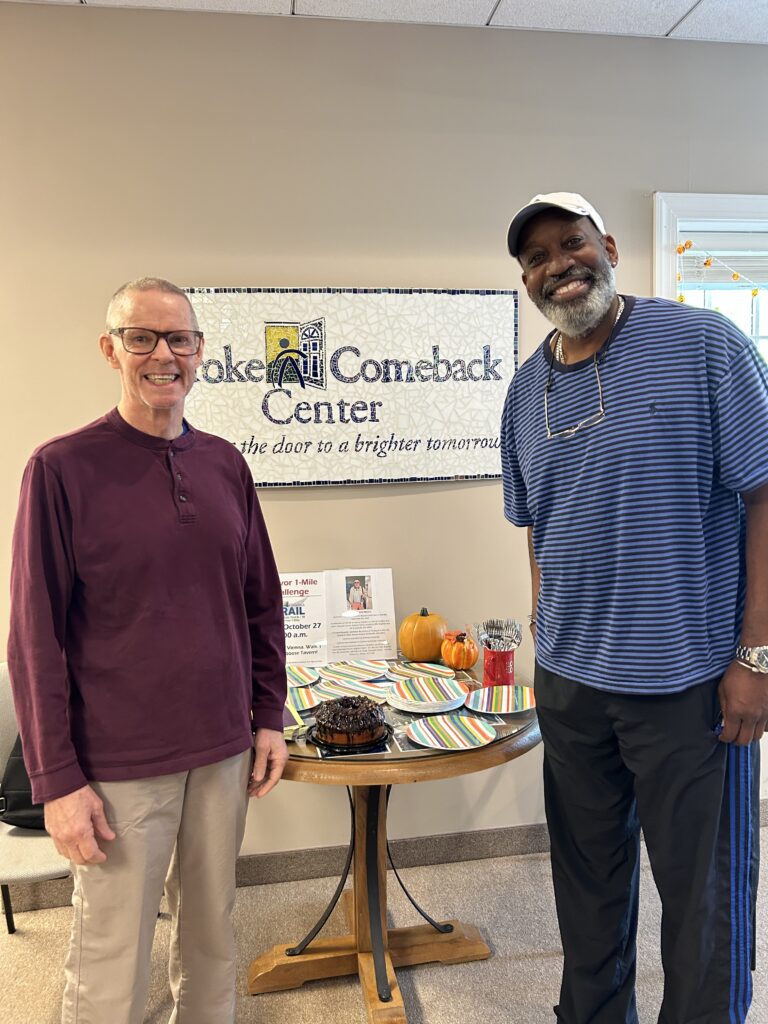 What is aphasia?
What is aphasia?
Aphasia is an acquired language disorder characterized by an inability to produce or understand language. Usually, aphasia is the result of a stroke; however, it can be the result of a traumatic brain injury or other neurological impairment. About 1/3 of stroke survivors have aphasia.
Any of the four areas of language can be affected: speaking, reading, writing and understanding speech (listening). A person with aphasia can experience difficulty in any or all of language areas; they may have difficulty with numbers also. Aphasia can be mild, moderate or severe. People with aphasia do NOT lose their intelligence, only language skills. It is very frustrating and can be very isolating.
Research has shown survivors’ language skills can be improved with treatment and, more than anything, they want to be treated with dignity and respect. Survivors want information and help with their communication that will allow them to be independent and reconnect with their former life. This is exactly what happens at the Stroke Comeback Center. We do our best to help all types of aphasia; our members are treated with dignity and respect and our life participation approach promotes independence.
To see some hints about communicating with people with aphasia – click here.
For more information about aphasia, visit National Aphasia Association and an excellent article by the Stroke Association.
What is apraxia?
Apraxia is a difficulty initiating purposeful movements. There is no paralysis or weakness in the muscles of speech, but there is a disconnect between “knowing” what you want to say or do, and making the muscles of your mouth move the right way. Oral apraxia affects isolated voluntary movements of the mouth like pursing your lips or lifting your tongue. Apraxia of speech affects the voluntary movements necessary to say words. Apraxia seldom occurs on its own – usually a person has apraxia and aphasia. This adds extra frustration and requires specialized help. The Stroke Comeback Center provides the expertise necessary to help people with apraxia.
What is dysarthria?
Dysarthria is a speech disorder caused from disturbed muscular control. It may affect the different components of speech: respiration (breathing), phonation (vocalizing), resonance (nasality), prosody (rhythm) and intelligibility (articulation-sound production).
What can go wrong with these muscles responsible for speech? There are a number of neurological factors. Muscles can become paralyzed (can’t move), weak (decreased movement), spastic (too much tone, tight), flaccid (not enough tone, flabby), or uncoordinated. Dysarthria can be caused by stroke, a traumatic brain injury, brain tumor or progressive processes, such as Parkinson’s Disease, Huntington’s Disease, Multiple Sclerosis and several other diseases.
At the Stroke Comeback Center, we host a number of classes that help individuals with dysarthria speak louder and with more clarity.
What are cognitive-communication disorders?
In general, cognitive-communicative skills are those necessary to make thoughtful decisions. When we have an idea (e.g., going on a vacation), we need to think of several factors such as time, money, affect on others, feasibility etc. These thoughts require us to use our attention, memory, problem solving, visual spatial skills, and executive functioning skills. These are the behavioral domains often used to describe cognitive-communicative skills.
When someone sustains a brain trauma or a stroke (typically in the right hemisphere of the brain), some of these abilities may become affected. At the Stroke Comeback Center, we host a number of classes that address different aspects of cognitive-communication, in hopes of fostering increased independence for our members.
Special thanks to our top sponsors
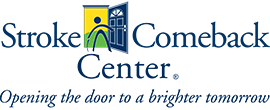


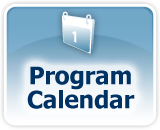



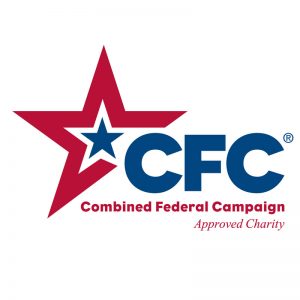
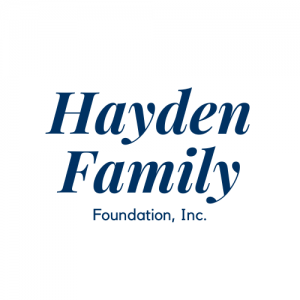
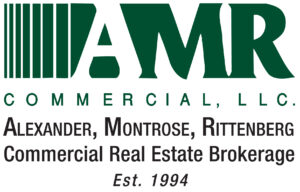
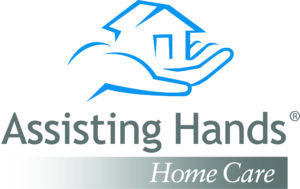
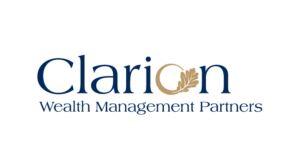
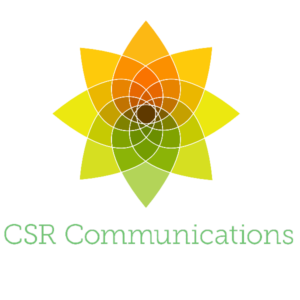
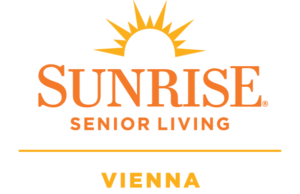
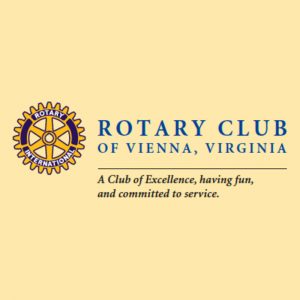
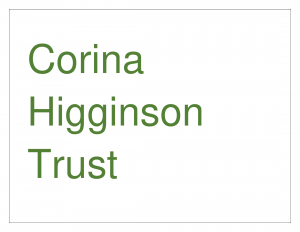
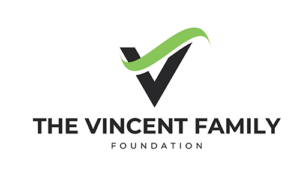
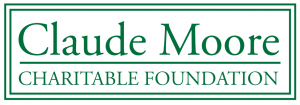
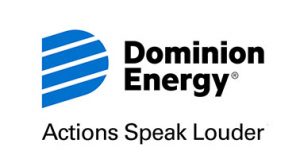
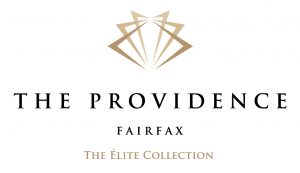

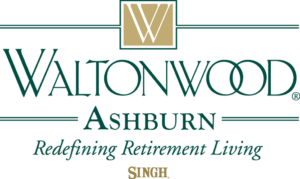

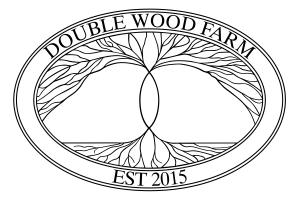
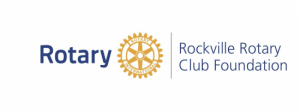
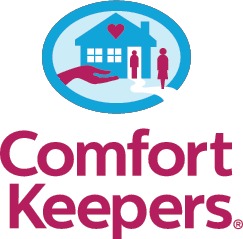
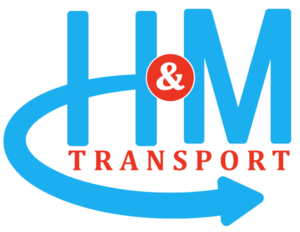
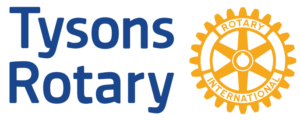
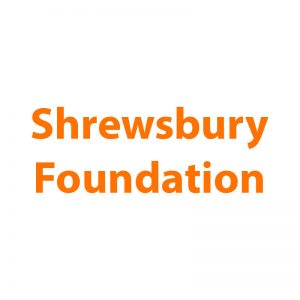
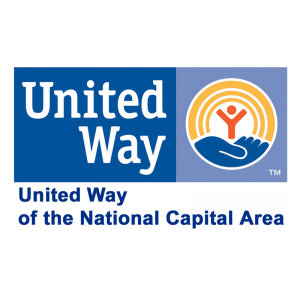
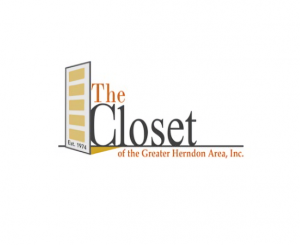
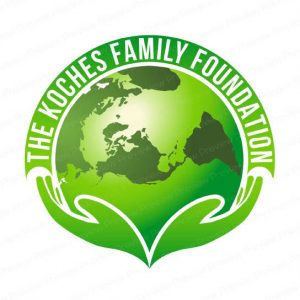






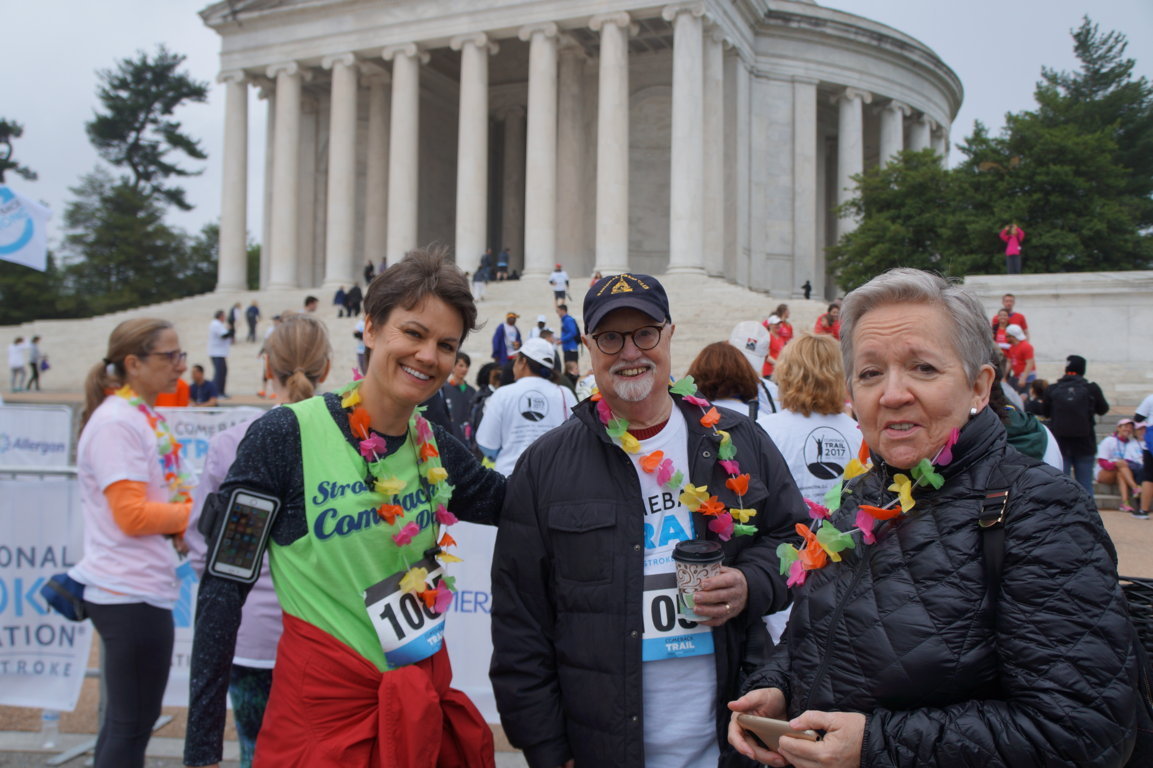
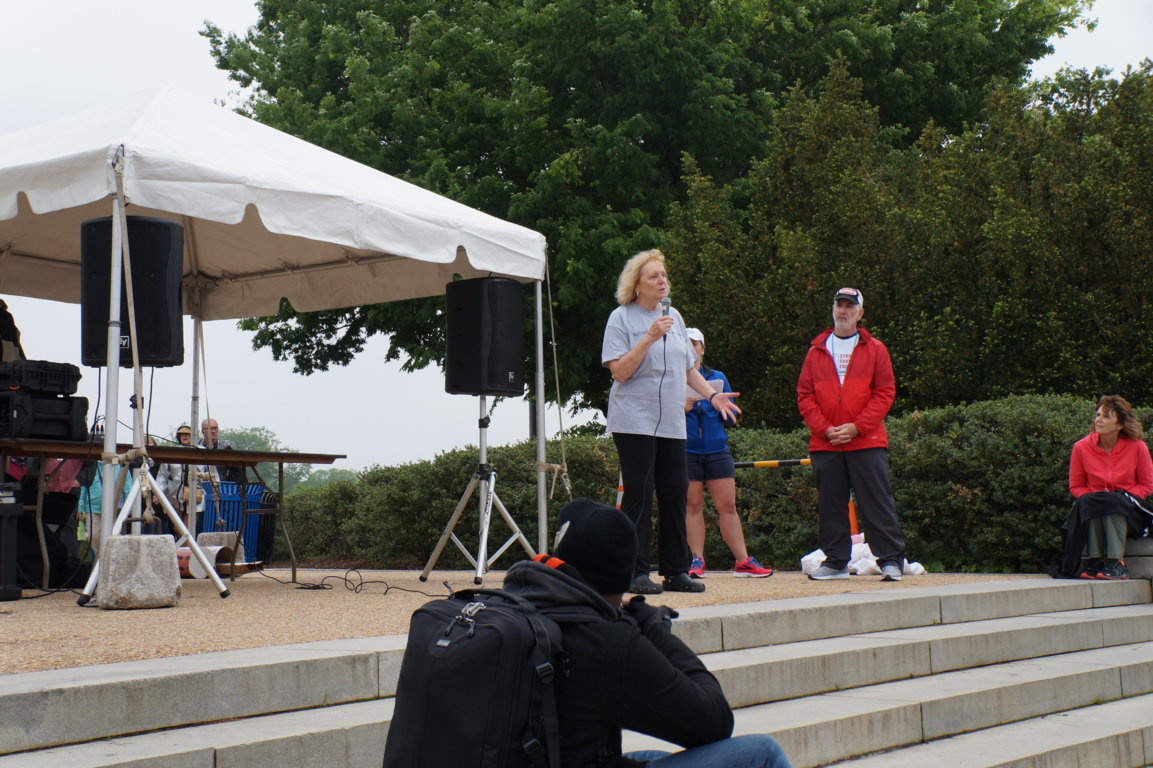
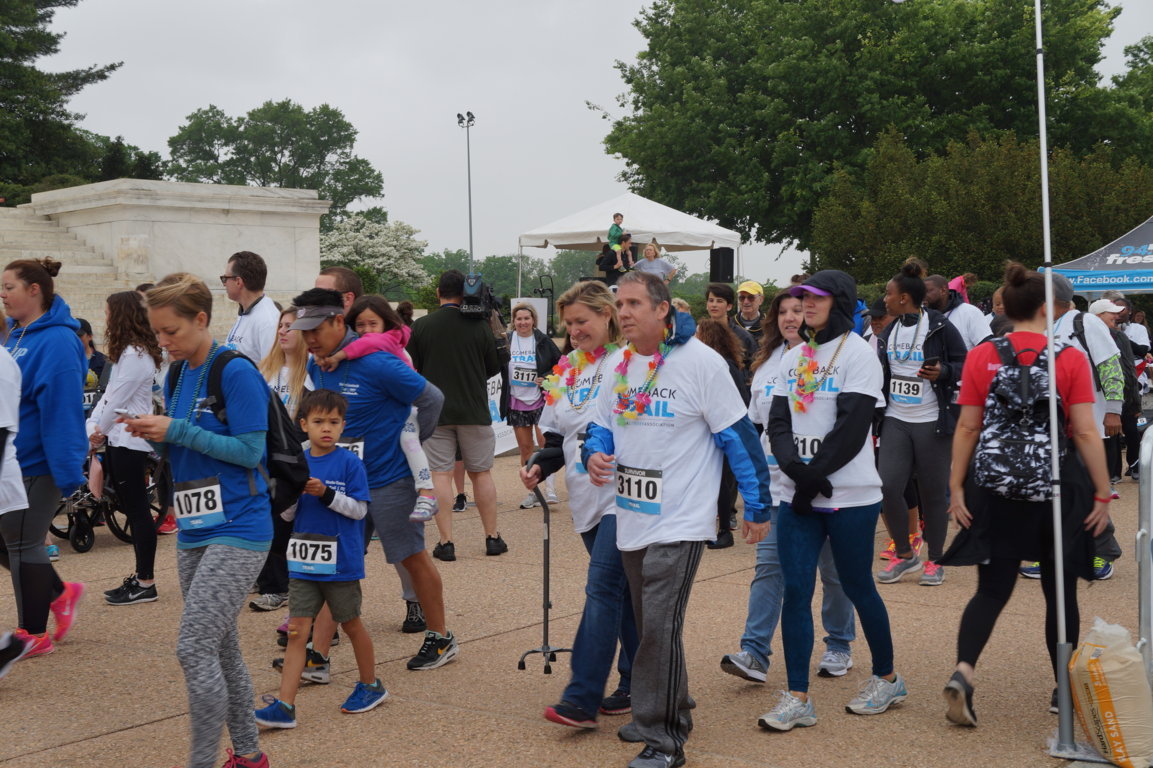
You must be logged in to post a comment.